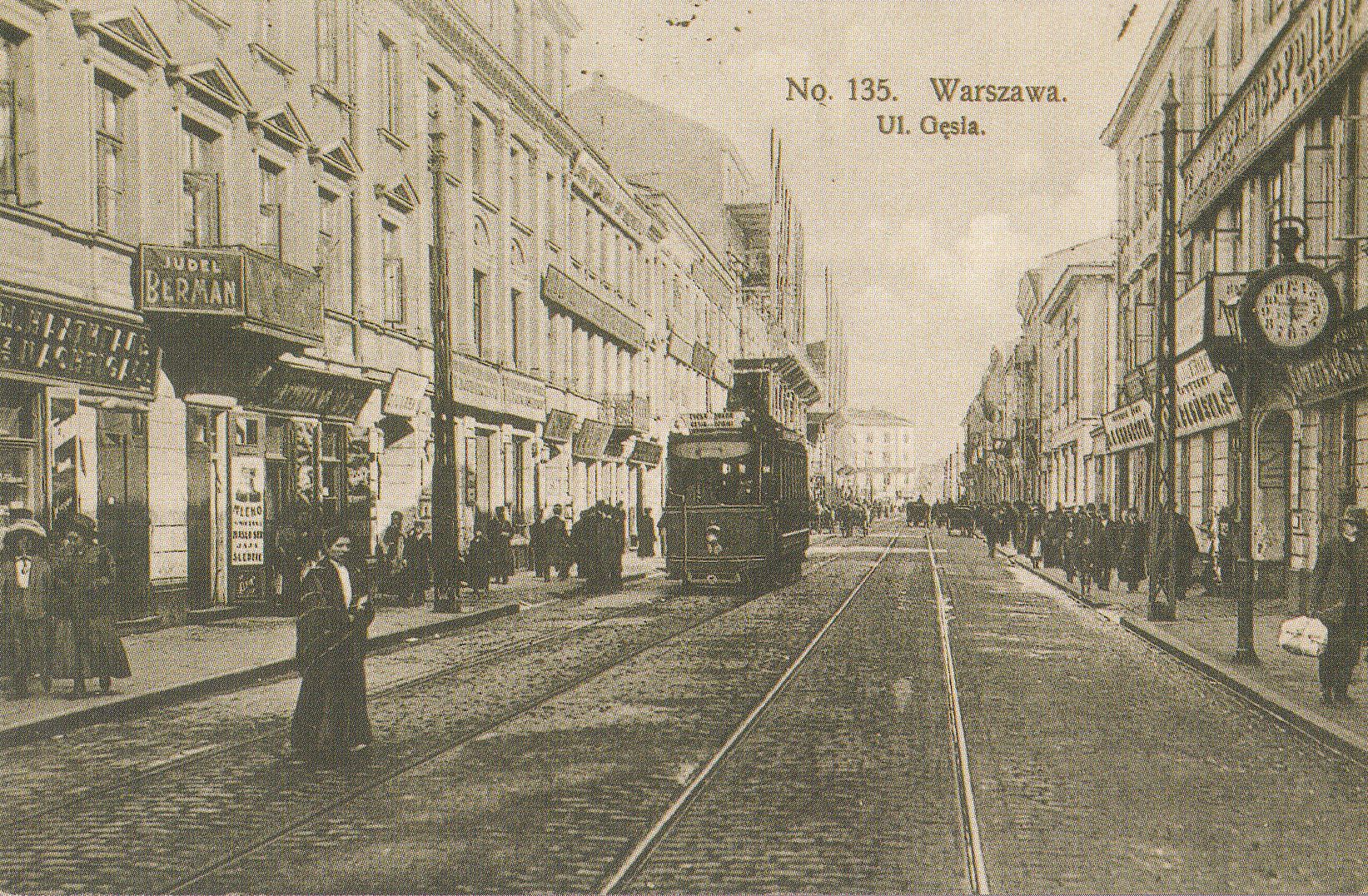
In the Valdemar Questionnaire, we give voice to translators who reflect on their work and role as intermediaries between languages and cultures. In this instalment of our series, Valdemar takes on Jennifer Croft, author of the featured translation taken from the novel Accommodations by Wioletta Greg.
You can read Jennifer’s translation of the excerpt from Wioletta Greg’s “Accomodations” here.
How did you become a translator?
I tell some of this story in my novel Homesick, which just came out in English.
What would you compare the act of translation to?
Dancing!
Do you sometimes feel like a medium? (Valdemar wants to know)
Sometimes. A dancing medium.
What does a good translation sound like?
A good translation of a good book sounds like how two skilled and emotionally invested dancers look whirling around the floor. A good translation of a bad book flops in a way that is similar to a bad translation of a good book.
Is everything translatable?
I think so! That said, Antonia Lloyd-Jones and I had the hardest time translating the title and key concept of Olga Tokarczuk’s recent Nobel lecture, “Czuły narrator”. We considered ‘sensitive’, ‘gentle’, ‘caring’, and several other alternatives, before finally settling on ‘tender’, although I never would have chosen that had I been translating alone, since to me it sounds like a word you would only use to describe a well-cooked meal!
Why did you decide to translate Wioletta Greg’s novel Accomodations?
I admire Wioletta’s work very much, she has a unique ability to make poetry out of daily life.
What is your current translation project (and what is the biggest challenge you face with it)?
I am just about to finish Olga Tokarczuk’s Books of Jacob. The biggest challenge of this is that it is a thousand pages long, and set mostly in the 18th century, but it is so glorious and brilliant and powerful that I don’t mind that too much.
What is your next project?
Next for me is Federico Falco’s A Perfect Cemetery. Falco is an Argentine writer whose stories are comparable to Chekhov’s. I can’t wait for that book to come out in the spring of 2021.
What is the quality you most like in a translation?
Inventiveness.
What do you consider the most overrated virtue in translation?
Fidelity, of course.
Jennifer Croft:
An American author, critic and translator born in Oklahoma, US. Croft translates from Polish, Ukrainian, and Argentine Spanish. In 2018, she was awarded, along with the author Olga Tokarczuk, the Man Booker International Prize for her translation of Flights. She is currently working on Tokarczuk’s Books of Jacob (to be published in English in 2021). She recently published a coming-of-age novel, Homesick (2019).








